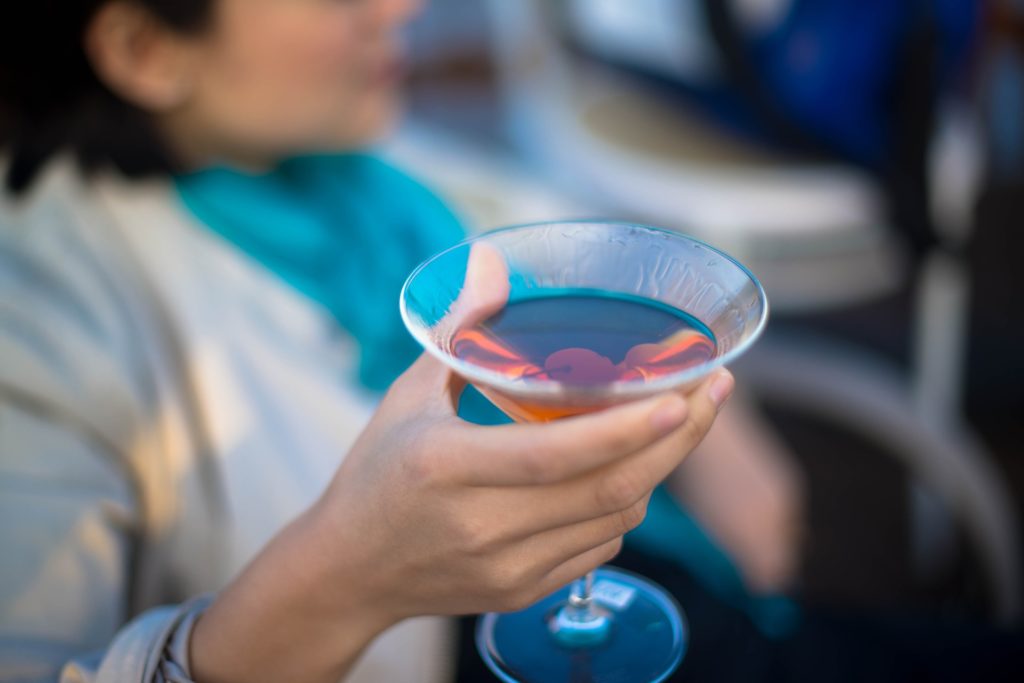
The 2018 National Drug & Alcohol Week, which is sponsored by the National Institute on Drug Abuse (NIDA) and the National Institute on Alcohol Abuse and Alcoholism is a week-long observance on the facts about drug and alcohol abuse and addiction [1].
From January 22-28th 2018, there will be educational events, activities, and online events to break down unhealthy and incorrect perceptions around drugs and alcohol.
What is This Week All About
This week works to link students with scientists and other experts to debunk myths about drugs and alcohol. It targets messages youth get from television, the internet, social media, movies, music, or peers.
It was started in 2010 by NIDA to get teens interested in educational events both nationally and within their community to see how science helps us learn about drug use and addiction.
SHATTER THE MYTHS is one way for teens to learn about what myths exist and how to counter them. Community organizations and schools hold events across the United States to answer questions about how drugs and alcohol affect the brain, body, and behaviors [2].
Any community agency, school, or local area can host an event during this week. The website offers a toolkit on how to plan events, find experts who are willing to participate, and how to connect with NIDA employees who can help with any questions you might have.
You can also register your event on their website and get free handouts and materials for teens.
This week-long event offers several ways for teens to get reliable information. The partnered organizations who run this event have found that when there is lack of reliable or accessible information on drugs and alcohol, that youth turn to social media, peers, pop culture to give them the answers [3]. This week encourages community-based question and answers events.
 Some ways that your community or school can get involved is by having scientific experts in the area of drugs and addiction come talk.
Some ways that your community or school can get involved is by having scientific experts in the area of drugs and addiction come talk.
Schools can get their youth and teens to go to the teens.drugabuse..gov/quiz to find out what their drug IQ is.
There will be a Chat Day during this event as well. Last year 52 schools participated and over 10,000 questions were submitted during this online event. This gives students a chance to ask questions and get them answered by professionals.
On the National Drug & Alcohol Week website, there are over 440 registered community events already set-up for 2018 dates worldwide. You can also find sponsored treatment centers that work with individuals who struggle with addiction.
How to Participate
If your community is not participating in National Drug & Alcohol Week you can participate in other ways.
First, you can give a “Shout-Out” to the event through your social media. The website participates in Twitter, Ficker, Facebook, or you can Shout Out to them through your personal Blog.
You can send images as you help supporting this event at any time as you participate to [email protected] with your name, age, school year, and your school name or organization name.
If you are participating in the January event, you can send your photos to the same email, but also include information about the event you attended or organized. Photos are posted to their Flicker site.
Another way to participate is to partner with the organizations that help sponsor this awareness campaign. You can also request posters and brochures to distribute at your school or in your community. Both of these options are accessible through the NDAW website.
Schools and educators can visit the website and download free curriculums about drug use and addiction. If you are wanting to use this material during the NDAW, you will need to order by January 15, 2018, to get the materials in time.
Other materials available for free are SHATTER THE MYTH booklet that answers some of the most common questions teens ask about drugs, alcohol, and addiction. There are BINGO cards that can be used in schools or community centers to promote facts about addiction.
 There are also pamphlets for teens about marijuana use and abuse as well as parent factbooks and how to talk with your child about drugs and addiction, and other materials for how to help your child stay drug-free. There are also some pretty amazing posters that are eye-catching and effective that anyone can use to promote a drug-free environment.
There are also pamphlets for teens about marijuana use and abuse as well as parent factbooks and how to talk with your child about drugs and addiction, and other materials for how to help your child stay drug-free. There are also some pretty amazing posters that are eye-catching and effective that anyone can use to promote a drug-free environment.
School Participation
If you are wanting to get your school involved there are some steps you can take. First talk with your school administration about participating in multiple ways. You can order free materials through the NIDA website to promote the week-long awareness campaign.
Secondly, there are public service announcements already available on the organization’s website for your principal to use each day from January 22-28th. You can also host a school assembly and invite inspirational speakers to talk about their addiction and recovery.

Chat Day, on January 22nd, is something your school can also participate in where students can log-in and submit questions for clinical professionals and researchers to answer.
Some schools and students host ‘Lunch ‘n’ Learns’ during lunch periods where a fact around addiction can be discussed. You can do this daily during the week.
You can also become a CSI Agent through the NIDA event and create teams to find and discover clues to solve crimes and unlock the mystery around drugs and addiction.
Through the National Drug & Alcohol Week, there are multiple ways to get involved whether you are an individual, school, community organization, or agency. Working with others is a great way to get involved and promote a drug-free environment.
 About the Author: Libby Lyons is a Licensed Clinical Social Worker and Certified Eating Disorder Specialist (CEDS). Libby has been practicing in the field of eating disorders, addictions, depression, anxiety and other comorbid issues in various agencies. Libby has previously worked as a contractor for the United States Air Force Domestic Violence Program, Saint Louis University Student Health and Counseling, Saint Louis Behavioral Medicine Institute Eating Disorders Program, and has been in Private Practice.
About the Author: Libby Lyons is a Licensed Clinical Social Worker and Certified Eating Disorder Specialist (CEDS). Libby has been practicing in the field of eating disorders, addictions, depression, anxiety and other comorbid issues in various agencies. Libby has previously worked as a contractor for the United States Air Force Domestic Violence Program, Saint Louis University Student Health and Counseling, Saint Louis Behavioral Medicine Institute Eating Disorders Program, and has been in Private Practice.
Libby currently works as a counselor at Fontbonne University and is a Adjunct Professor at Saint Louis University, and is a contributing author for Addiction Hope and Eating Disorder Hope. Libby lives in the St. Louis area with her husband and two daughters. She enjoys spending time with her family, running, and watching movies.
References:
[1] Register for National Drug and Alcohol Facts Week. (n.d.). Retrieved November 18, 2017, from https://content.govdelivery.com/accounts/USSAMHSA/bulletins/1c1ee28
[2] Abuse, N. I. (2017, January 30). National Drug and Alcohol Facts Week®. Retrieved November 18, 2017, from https://www.drugabuse.gov/news-events/public-education-projects/national-drug-alcohol-facts-weekr
[3] National Drug Facts Week. (n.d.). Retrieved November 18, 2017, from https://youth.gov/feature-article/national-drug-facts-week
The opinions and views of our guest contributors are shared to provide a broad perspective of addictions. These are not necessarily the views of Addiction Hope, but an effort to offer discussion of various issues by different concerned individuals.
We at Addiction Hope understand that addictions result from a combination of environmental and genetic factors. If you or a loved one are suffering from an addiction, please know that there is hope for you, and seek immediate professional help.
Published on January 7, 2018
Published on AddictionHope.com
